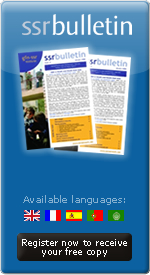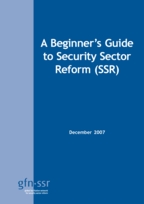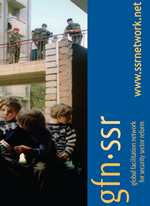Foreword
More than a decade after South Africa’s transition to democracy, our country remains for many a ‘model’ for other emerging democracies. South Africans, still grappling with the complexities of transformation, tend to be more cautious and humble when sharing their experiences. In my assessment, the aspects of our transition that have broad applicability are those relating to considerations of process rather than to the content of our negotiated settlement and new constitution.
Our settlement and constitution reflect and were intended to address South African realities and aspirations, and cannot be considered as universal blueprints! Of crucial significance was the continued assertion by the liberation movement of the right to self determination for all South Africans in designing the society they wished to live in; and over many years deciding the methods necessary to achieve their aspirations.
During the struggle we resisted external mediation and prescriptions, and encouraged research and study on solutions and future policies drawing on the knowledge and experience of other countries. The result was that the outcome was not forced on us by foreigners, however well meaning, but was designed by South Africans – of all political persuasions, ethnicities, languages and ages, in an inclusive and participatory process.
Precisely because it is the product of our struggle for liberation and our efforts at the negotiating table, South Africans are committed to and will defend our democratic dispensation, even as we strive to improve it.
This is a crucial lesson for countries that have been shattered by war and become dependent on foreign donors and international agencies for aid and reconstruction support. Often the people lack the confidence and means to challenge their financial sponsors and assert their right to determine their own destiny. Sometimes, the support offered is based on the national perspective and interests of the donors, rather than the needs of the people. Even where there is a genuine desire to help, many donors are both ignorant and arrogant, over-confident, impatient and intent on solving problems and designing policies on behalf of local actors.









